(ThyBlackMan.com) Here ‘shat the race baiters on the right fail to comprehend: There’s a clear-cut, easy-to-follow blueprint for avoiding the ravages of black-on-black violence and crime. America has yet to provide us a comparable blueprint for avoiding racial profiling.
That’s why it’s impossible for ordinary, rational black folks to let go of Trayvon Martin and the not-guilty verdict in the George Zimmerman trial.
We know all too well the horrors transpiring in Chicago and other urban areas where the neglected offsprings of America’s prison-institutionalized and prison-values-corrupted engage in a predictable war of hopelessness and self-hatred. The consequences of our drug war and its companion, mass incarceration, do not stop at prison walls.
We know that. We do also, however, know how to escape their wrath.
When my mother caught a burglar climbing through our kitchen window in 1975, she promptly took a second job and moved me and my older brother to an Indianapolis suburb.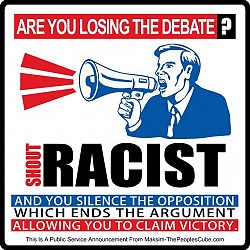
Willie Clark, my best childhood friend, grew up in a home just a few blocks from my old neighborhood. You could walk out his family’s backyard and reach a government housing project in less than a minute. The entire area was rough.
Willie’s parents had little trouble keeping him out of trouble. They raised him and his two sisters in the church. They taught him to be respectful and careful of where he went and who he befriended. They supported his athletic endeavors, kept tabs on his academic progress, demanded that he avoid drugs and nurtured a belief he could achieve something in this country.
He was raised in the ‘hood. He graduated from college, opened an American Family Insurance agency, married and built a home in the suburbs for his wife and three kids. He moved up and moved out.
My dad owned small taverns (think ghetto Cheers) in Indianapolis’ inner-city for 35 years. I loved the places, visited them often as a kid and socialized at them as an adult. I never once had any problems.
Navigating the ghetto is difficult. But it’s not remotely impossible. If you’re intent on avoiding trouble, use common sense and choose to interact with all people respectfully, you can, short of bad luck, stay clear of the nonsense. And, if all else fails and you don’t want to walk the tightrope, you can do what my mother did and take the necessary steps to leave the ghetto.
For a black man, there is no game plan for escaping racial profiling. You can’t run from the police. No neighborhood is safe. There’s no style of dress that protects you. Your level of education and wealth are irrelevant. Proper manners and a deferential tone do not matter.
Years ago, I worked for the Charlotte Observer. I lived in Rock Hill, S.C. My picture ran inside the newspaper alongside my occasional columns. One day I was driving home from work around 5 p.m. when a police officer decided I fit the description of a black man who had pulled a string of burglaries. He pulled me over. I was in slacks, dress shoes and a button-up shirt.
He demanded I step out of the car. When I did, I discovered there were six cops and three additional police cars surrounding me and my 1985 Honda Prelude. For the next hour, I stood alongside a busy street as the lead detective berated me and accused me of being a cat burglar. I told him I was a sports writer for the local paper. He didn’t believe me. He didn’t let me re-enter my car and drive home until a police dispatcher called the Observer and was assured by one of my co-workers that I worked there.
I was not cited for any traffic violation. I had broken no laws. I was guilty of being black when the police were looking for a black burglary suspect.
I drove to my apartment and cried for the next two hours. It was the most humiliating experience of my life. It’s difficult to adequately convey the mix of outrage, fear and vulnerability I felt throughout the encounter. I’ve never forgotten it. Twenty years later, the scar is still there. It burns every time a well-intentioned employee follows me as I shop for clothes.
Maybe this is a price the race-baiters on the right think black men should pay without objection for the privilege of living in this country. If that’s their logic, then what they’re really arguing is that black men are not full citizens with inalienable rights in this republic.
Or maybe their position is racial profiling is a tax all black men should pay because our criminal justice system and popular culture have judged and portrayed black men as inherently criminal. Interesting. Do we then retain the right to judge all white men as inherently racist and the masterminds powering a system that has dehumanized and criminalized black men for 400 years in this country?
Surely there’s some middle ground. Surely reasonable men — regardless of political bent and color — can comprehend black people’s angst over racial profiling and subsequent fear the Zimmerman verdict symbolically deputized non-black civilians to treat all black men as criminals on sight.
I don’t wear a hoodie. I was never suspended from school. I never posed as a wannabe thug. But I know exactly how Trayvon Martin felt at 7:09 p.m., on Feb. 26, 2012. He felt a mix of outrage, fear and vulnerability.
The system (police and prosecution) apparently never even considered the possibility that in the rain and the dark a cowardly, wannabe cop provoked a kid he deemed an “a–hole” and a “punk” by approaching him with his hand on his holstered weapon or with his weapon drawn.
Without a shred of corroborating evidence, the police assumed and the prosecution team unwittingly conceded Trayvon Martin attacked George Zimmerman without reasonable provocation.
Imagine that. An agitated fair-skinned man with a gun followed an unarmed black boy and the assumptions drawn favor the gun-toting, non-black man.
If there’s a blueprint for black men to follow that will reduce negative assumptions being made about us, reveal it. Many of us will adhere to it religiously and focus all of our attention on the drug war, mass incarceration and the other policies that fuel black-on-black violence and the destruction of the black family.
Written By Jason Whitlock





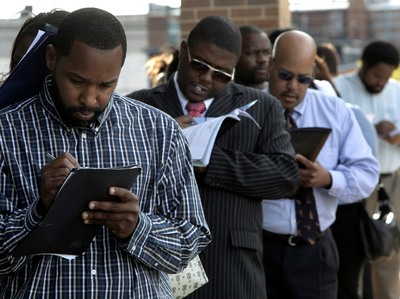










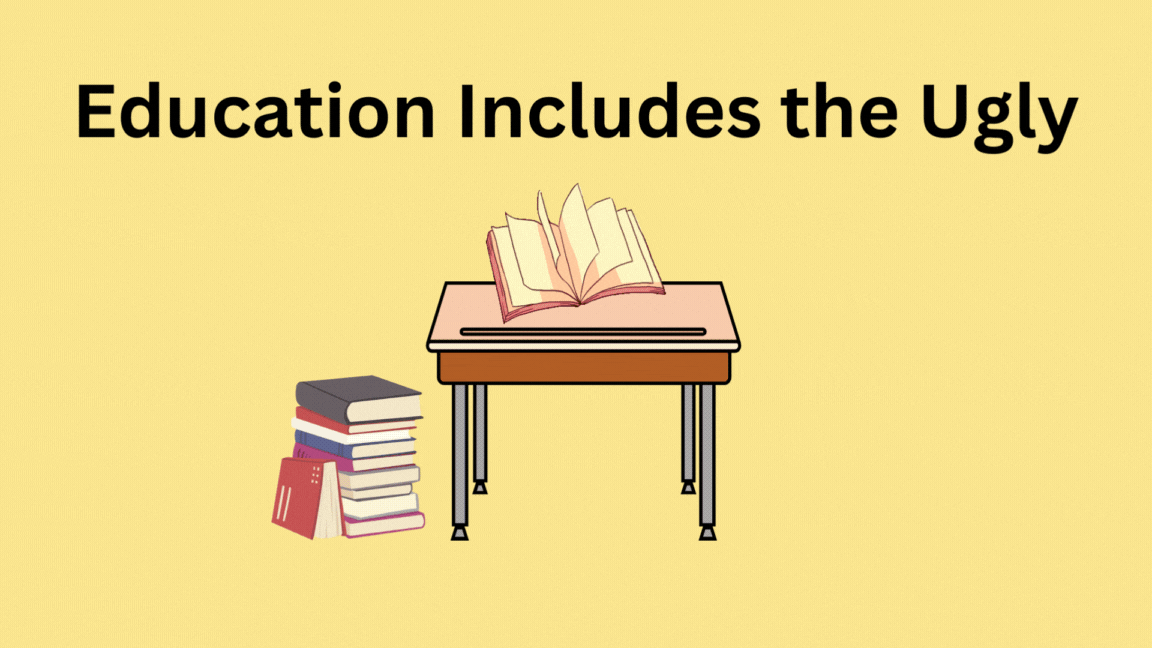
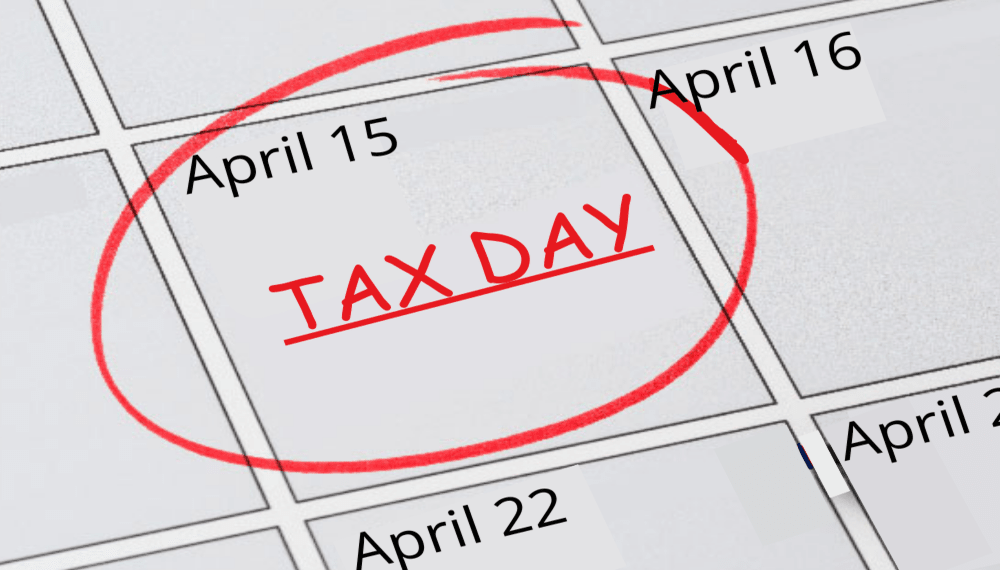
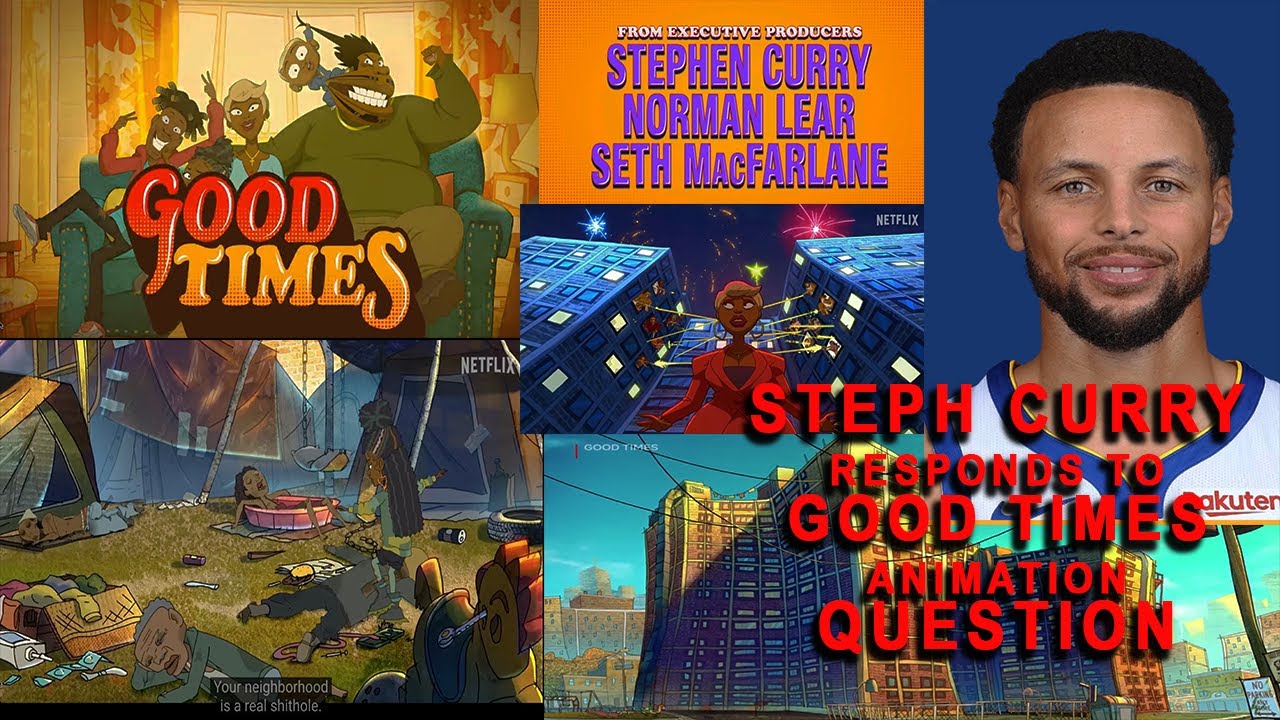

This is a well timed and beautifully written article. May I add, to have a chance to change the assumptions being made of us, we have to change what we think of ourselves. We have use our right to vote, employ ourselves, become strategic stewards with our spending into the US economy and make sure our children are educated by black educators. Do this and we will compete in society as an independent people.
WOW! Excellent article! I think that if Blacks emulate Jewish people by stopping to be modern minstrells on TV it could help us. Jews understood a long time ago the power of media and they are very careful on their image and how they are being portrayed worldwide. We don’t and this needs to stop.
Good article brother!
It portrays what may have happened that night. It’s whites who have a problem of looking at the world through their prism of experiences, simply because they do not feel they have to change. It’s a power play! There is a verse from the book of Proverbs. Proverbs 18:23 and it states: The poor useth intreaties; but the rich answereth roughly. Now transpose these words to that verse. Many blacks intreat, while many whites profile. It’s a power play. I don’t think it is so much racial as it is power exerting itself over us as a class of people, just as rich folk tend to exert themselves over poor folk. We just happen to be color of the day. http://www.sslumpsum.com